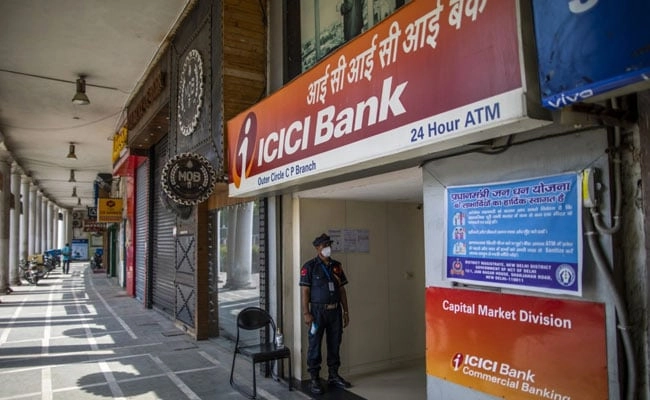In a tragic turn of events, a recent agitation against the ban on certain applications has resulted in the loss of 19 lives. The protests erupted as citizens voiced their concerns over the government’s decision to restrict access to specific apps, which many believe play a crucial role in communication and information sharing. The demonstrations quickly escalated, leading to clashes between protesters and law enforcement. The situation has been further exacerbated by reports of heavy-handed tactics employed by the authorities to disperse crowds, resulting in heightened tensions and further loss of life.
In the wake of this turmoil, the nation’s Home Minister has resigned, citing the inability to manage the crisis effectively. This resignation has sparked a wave of political discourse, with many calling for accountability and a reevaluation of the government’s approach to handling dissent. The Home Minister’s departure is seen as a significant move, reflecting the gravity of the situation and the growing unrest among the populace. As the nation grapples with the implications of the protests and the loss of life, there are calls for a thorough investigation into the circumstances surrounding the violence and the government’s role in escalating tensions.
The agitation against the app ban highlights broader issues related to freedom of expression and the right to protest. Many citizens argue that access to digital platforms is essential for democratic engagement and social interaction, and any restrictions on these services are viewed as an infringement on their rights. The protests serve as a reminder of the importance of dialogue between the government and its citizens, particularly in an era where digital communication is integral to everyday life. As the situation continues to unfold, it remains to be seen how the government will respond to the demands of the people and address the underlying concerns that have led to such a tragic outcome.




